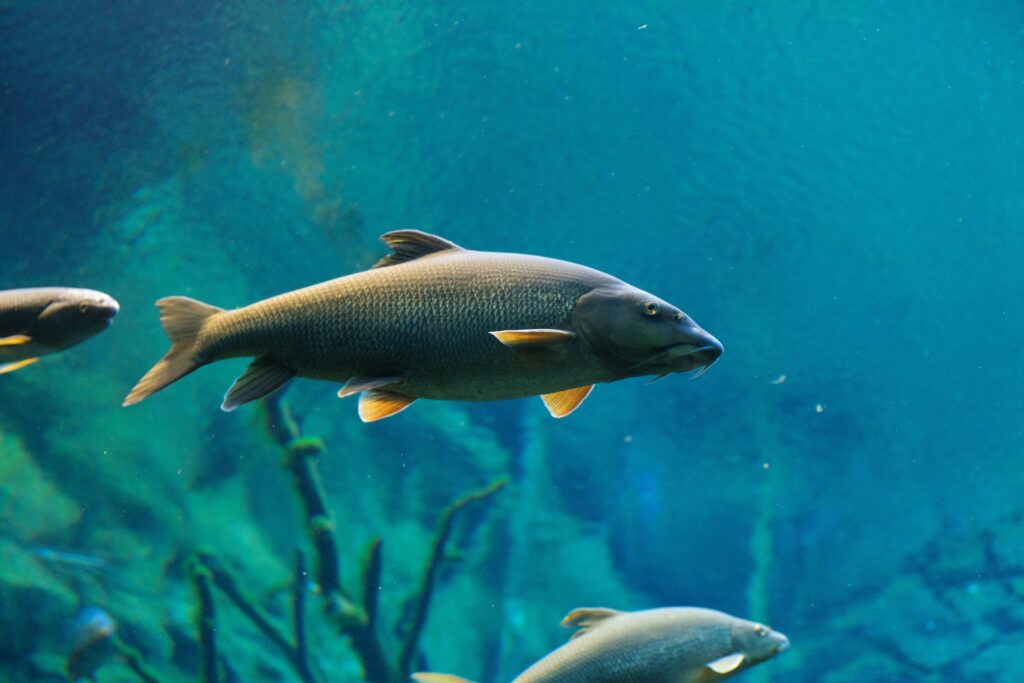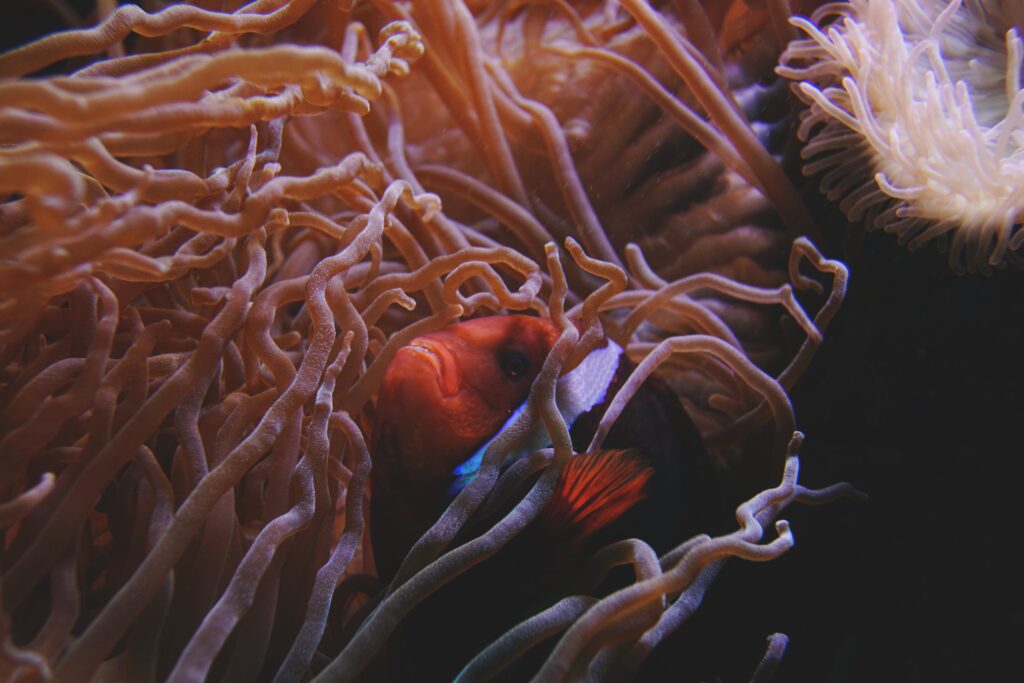
How Do fishes sleep underwater Have you ever thought about the mysterious area located under the sea? While there are many surprises hidden in the depths of the ocean, one topic often comes up: Do fish sleep underwater? The discovery of the mysterious world of aquatic life reveals a fascinating and complex aspect of marine biology that calls into question our current understanding of sleep.
Despite the general perception, the concept of sleep transcends the boundaries of organisms living on land. While much research has been done on the sleep habits of mammals and birds, the question of fish sleep patterns remains a doubtful topic to debate.
A fish in its natural environment may not appear to be asleep at first glance. Unlike mammals, fish have no eyelids, so it is difficult to see whether they are sleeping or not. But beneath the surface, there is a world of complex behavior and physiological adjustments that suggest the sleepiness of aquatic organisms.Examining the different strategies used by different species is key to explaining the phenomenon of fish sleep.
Unike humans, who typically have long periods of rest, many fish have discontinuous sleep patterns that are marked by short intervals of inactivity mixed with periods of activity. Fish that have a fragmented sleep structure may benefit from restorative sleep while remaining alert to any risks.In addition, the sleeping habits of fish are greatly influenced by the environment in which they live.
Research employing electro encephalogram and behavioral monitoring methods has provided compelling evidence of sleep-like states in many fish species, such as goldfish, zebrafish, and sharks.
Some fish species to sleep in one hemisphere of their brain while awake in another, is an interesting feature of fish sleep.They usually do this to protect themselves form the preditors.The flow of ocean currents and the presence of nocturnal predators force organisms living in coral reefs or other dynamic habitats to develop adaptive sleep techniques that put survival above all else.The neuroscience of fish sleep is better understood due to recent scientific developments, which have also revealed some fascinating similarities with terrestrial animals.

Fish are able to maintain their awareness of external stimuli and participate in important restorative activities thanks to this adaptive mechanism, which is evidence of how clever evolution has shaped the ways aquatic life survives.Sleep is not only physically necessary, but it also plays an important role in cognitive processes that are essential for learning, memory consolidation, and behavior adaptability.
Sleep is a fundamental biological process in the complex marine ecosystems, balancing the roles of predator and prey, predator and pursuer.The deep exploration of the mysteries surrounding fish sleep raises important issues regarding the nature of consciousness, the evolution of sleep in taxa, and the interdependence of all living things in the grand scheme of things.

How Do fishes sleep underwater (Dolphins)
The most researched marine creatures that can sleep in this way are dolphins. Dolphins in captivity display brain scans that show one hemisphere is in deep, slow-wave sleep and the other is awake, allowing the animals to sleep with one eye open. Cetaceans,
A group of mammals that includes dolphins, whales and porpoises, are known to sleep in this way, although they are not alone. It is well known that many bird species adopt unihemispheric sleep, which often enables them to snooze during flight.Researchers claims that birds and dolphins, however, have different uses for this half-brained sleep strategy. For example, in a flock of birds, many birds outside the group keep their eyes open, looking away from the flock, to seeto keep an eye out for predators.Conversely, though, dolphins keep their eyes open when they sleep, probably to prevent getting separated from the rest of their pod.
Conclusion
In short, the idea that fish sleep accepts ideas and encourages us to investigate the infinite diversity of life found beneath the surface of the ocean. We may yet be able to understand the mysteries of undersea sleep and develop a new understanding of the complexity and adaptability in all forms of life through diligent scientific research and a deep respect for the glory of the natural world. Thus, keep in mind that even in the depths of the sea, the serene beauty of the underwater scene can still be found.


Thanks for sharing. I read many of your blog posts, cool, your blog is very good.